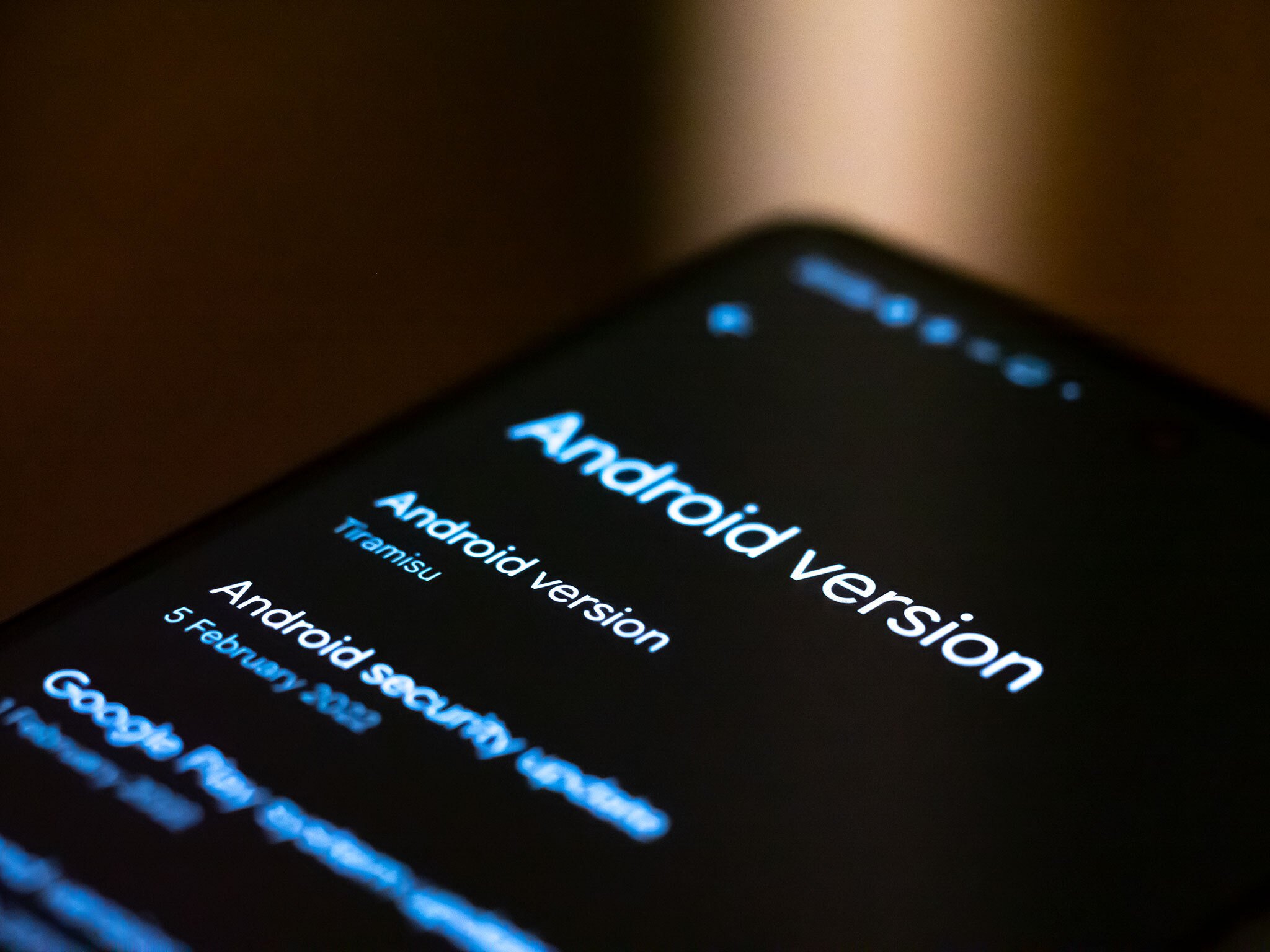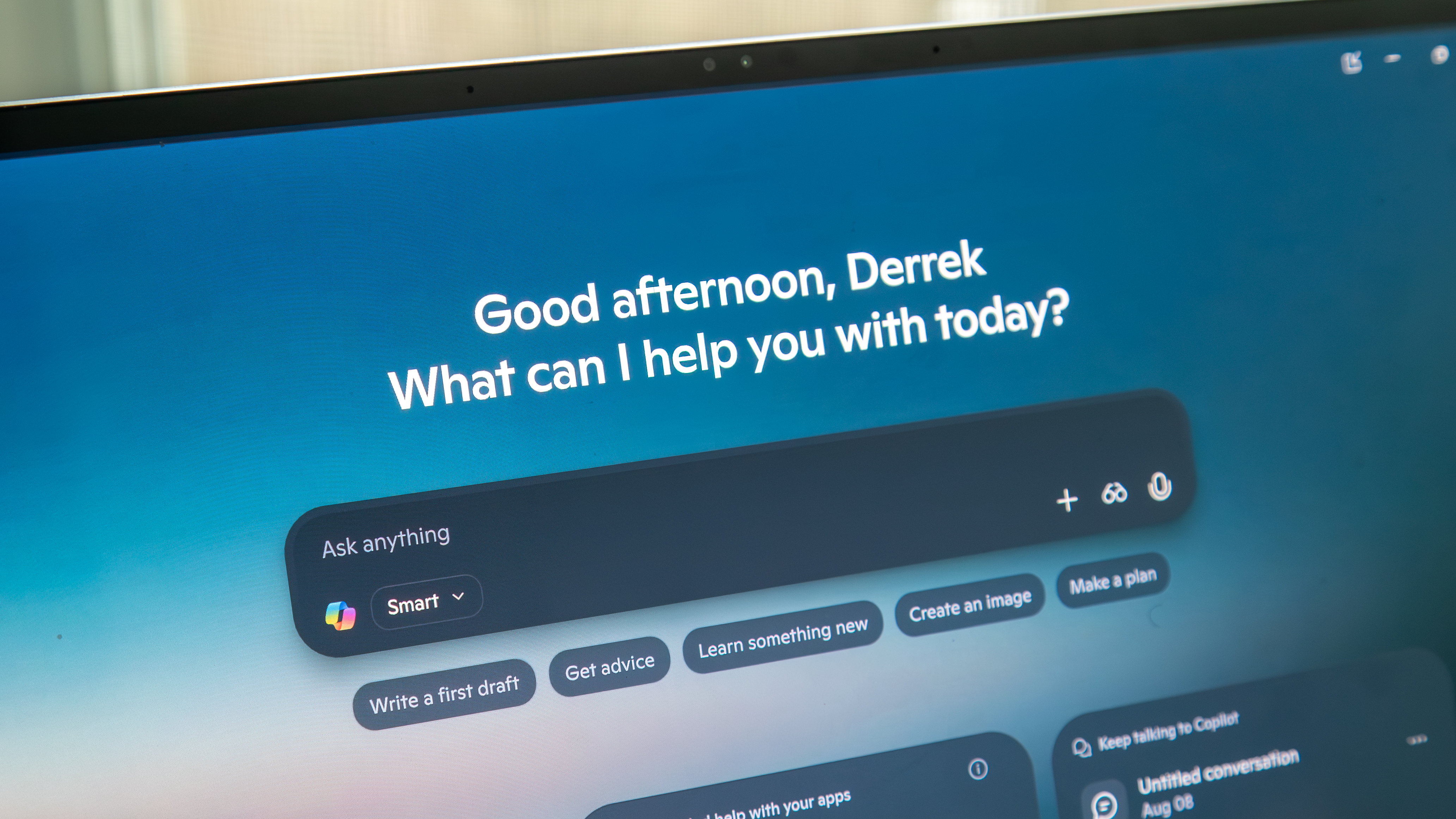Google wants input from Android app developers on device compatibility issues
The Compatibility Test Suite (CTS) gets a new developer-powered module called CTS-D.

Get the latest news from Android Central, your trusted companion in the world of Android
You are now subscribed
Your newsletter sign-up was successful
What you need to know
- Google's CTS-D is a new test module to help developers identify compatibility issues with Android devices.
- The CTS-D will allow app developers to contribute test cases that others can use.
- Google hopes that Android OEMs will utilize these tests to help identify issues more effectively.
Google is introducing CTS-D, a new module within the CTS (Compatibility Test Suite). It will be utilized by app developers and is open-sourced within the Android Open Source Project (AOSP). The new module's goal is to enable more efficient communication among app developers, OEMs, and Google, while also assisting in resolving compatibility issues to make sure apps run consistently across devices.
The CTS is already a crucial part of the company's Android Compatibility program, where smartphone OEMs run tests on their devices during development to recognize bugs and fix them as early as possible. Android engineers normally write these tests, and the CTS holds a collection of two million test cases to check Android device compatibility.
CTS-D: How does this come into play?
Instead of Android engineers overseeing all the compatibility tests, Google wants to hear what app developers have to say regarding compatibility issues, as they would naturally be more aware of their applications. That's where the new CTS-D test suite comes in, as the new module is essentially powered by app developers, Google notes in the Android Developers blog post.
Since app developers utilize the new module, they are allowed to build and contribute test cases to help point out issues and verify compatibility with the best Android phones and other devices. Google notes that many app developers could have already built their own versions of app compatibility tests, and the company wants all of them to contribute their tests to AOSP. The integration can help these tests reach a more comprehensive range of developers, which translates to helping device OEMs and developers pinpoint and resolve them as soon as possible.
Further, Google is providing an issue tracker template wherein issues like device flunking can be reported so Google can address them with partners. Google also advises OEMs to utilize CTS-D to identify and reduce issues more quickly, although it's not a requirement that they pass these tests.
Developers can contribute their test codes to CTS-D after filing a test proposal to the aforementioned issue tracker template. Like the CTS, the CTS-D test cases must meet specific eligibility requirements, which are reviewed by the Android team. At the moment, Google says that it's currently interested in adding more test cases to address Android power management.
The new strategy appears to be promising apps and their developers, who are always on the verge of creating and updating the best Android apps to work on the latest Android devices. With any luck, it will ensure that everyone gets to enjoy the best version of the apps on Android devices and operating systems like the upcoming Android 13.
Get the latest news from Android Central, your trusted companion in the world of Android

Vishnu is a freelance news writer for Android Central. Since 2018, he has written about consumer technology, especially smartphones, computers, and every other gizmo connected to the internet. When he is not at the keyboard, you can find him on a long drive or lounging on the couch binge-watching a crime series.
